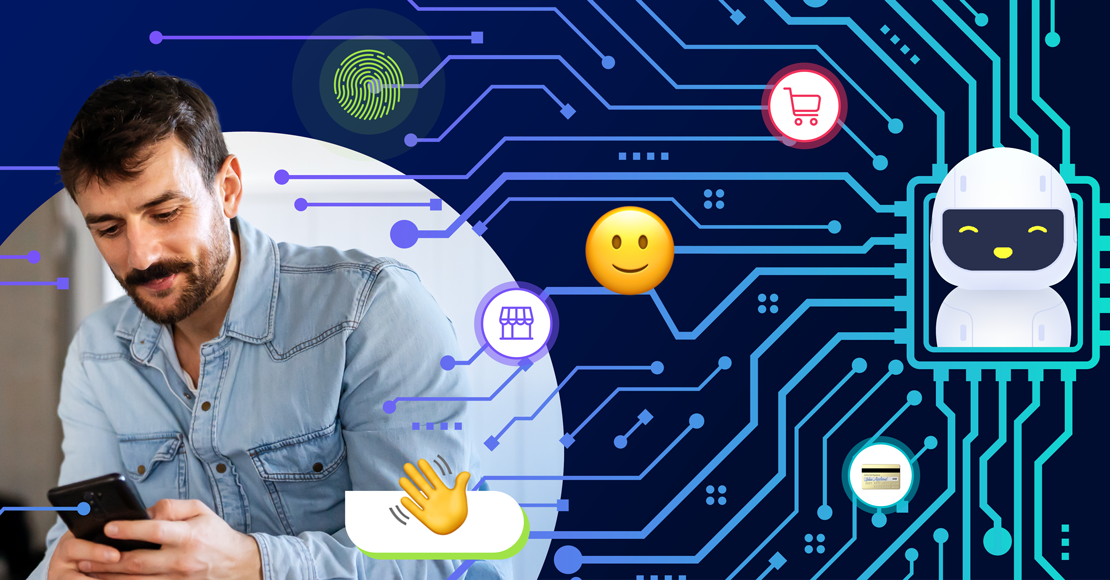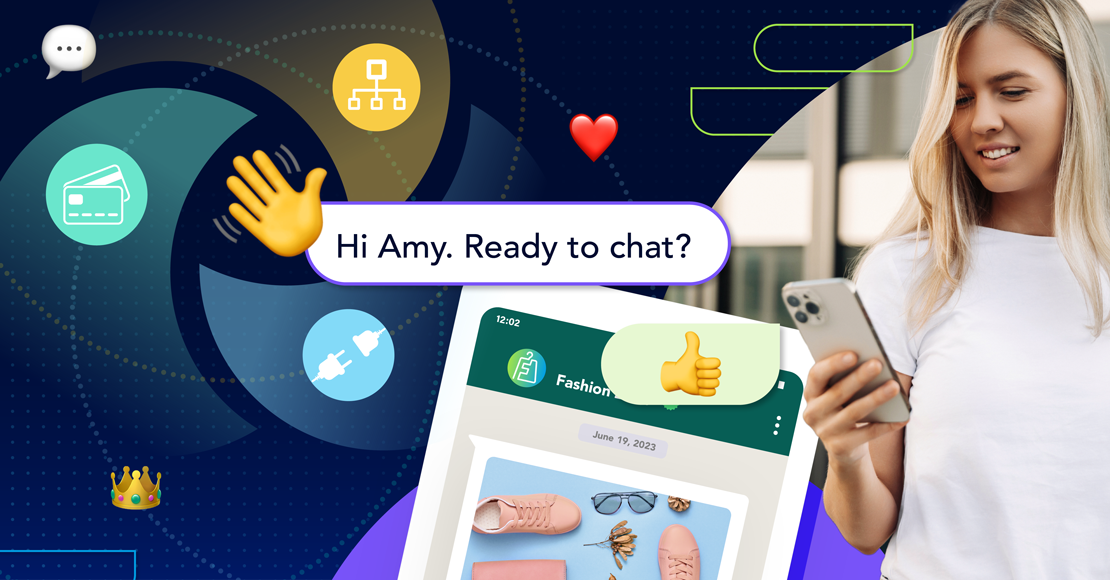
Chatbots for law firms
The law is a difficult subject to understand in every part of the world. Those wanting to understand it, study law for years in order to become lawyers, attorneys, judges, and other cogs in the respective legal systems. For the average person, it’s not something that is always easily understood, especially when it comes to nuances in subjects such as copyright agreements. As technology trends evolve and improve different industries, is legal the next one to receive an upgrade?
A tech topic on everyone’s lips is artificial intelligence chatbots. These are programs that simulate interaction with humans and perform simple functions. At the most basic level, a chatbot will be able to tell you what time a store closes or give details on the warranty on a product. But when it comes to the subject of law, they can provide a robust set of tools.
Assessing people with a basic law
The law can easily be misconstrued. If you are having a problem that requires legal intervention, you’ll often find conflicting information from someone who knows someone, who had something similar happen to them. And speaking to a lawyer can be a costly and timely process.
By implementing chatbots, law firms will be able to cut down on the needless time spent on basic questions with legal technology. For example, a client asking about a parking ticket will be able to ask a chatbot about the issue and have it assess the situation. It can then connect the client with a lawyer or state that they should rather pay the fine instead of fighting it further. Of course, all of the responses will require an enormous amount of data and learning algorithms in order to function correctly. If the chatbot gives out incorrect legal advice, their law firm could be in trouble.
Collecting data
As with any industry, analytics is an important aspect and can play a vital role in the legal industry. When clients are engaging with the chatbots about a case or issue, the system will be able to ask targeted and specific questions in order to collect a range of data. From this information, and feeding into the correct system, the law firm is able to see which are the most common legal queries they receive and where the business can be targeted. It may be in their best interest to switch from solely copyright cases to criminal or hire more lawyers.
Similarly, with a robust repository of information, chatbots can anticipate the kinds of questions that will be asked of them. When speaking to a client, it may start enquiring where they are based, for example. This feeds into recent technology trends where these programs collect valuable client information.
Chatbots helping lawyers
Chatbots aren’t just used for speaking to clients but can help lawyers, legal aids, and others in the legal industry. Some cases require an intense amount of research in order to gather all of the facts. This can consist of sifting through hundreds of documents and testimonies to finding relevant information from other cases. Overall, it’s a time-consuming process that can be streamlined with chatbots.
Chatbots are able to tap into digitized information and search for anything that a lawyer may need. If they need to find a reference to the person in another case or look up specific laws, it’s as easy as asking the system a question and having it fetch that information.
The technology around chatbots is expanding at a phenomenal rate. Recently, these systems have been able to develop their own language and talk to each other. Have a look at our article on the subject, which delves into Facebook’s use of chatbots and its technology trends.
Explore other articles
Step into the future of business messaging.
SMS and two-way channels, automation, call center integration, payments - do it all with Clickatell's Chat Commerce platform.








